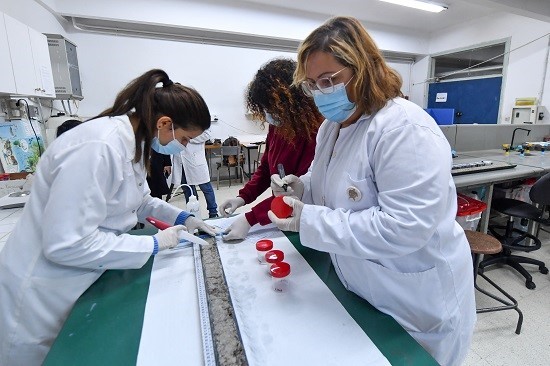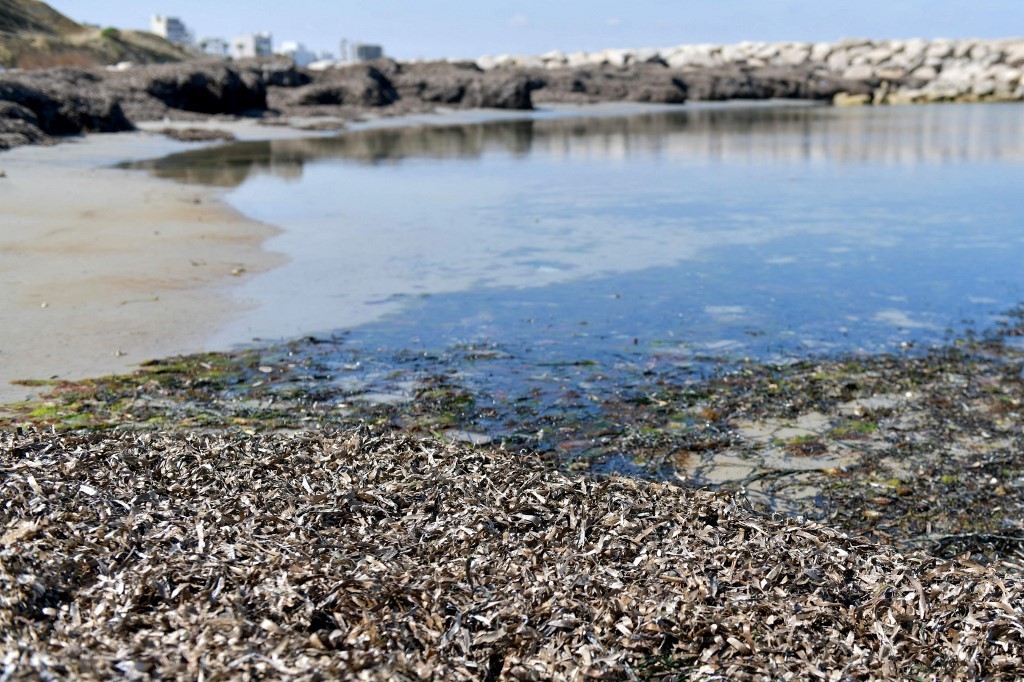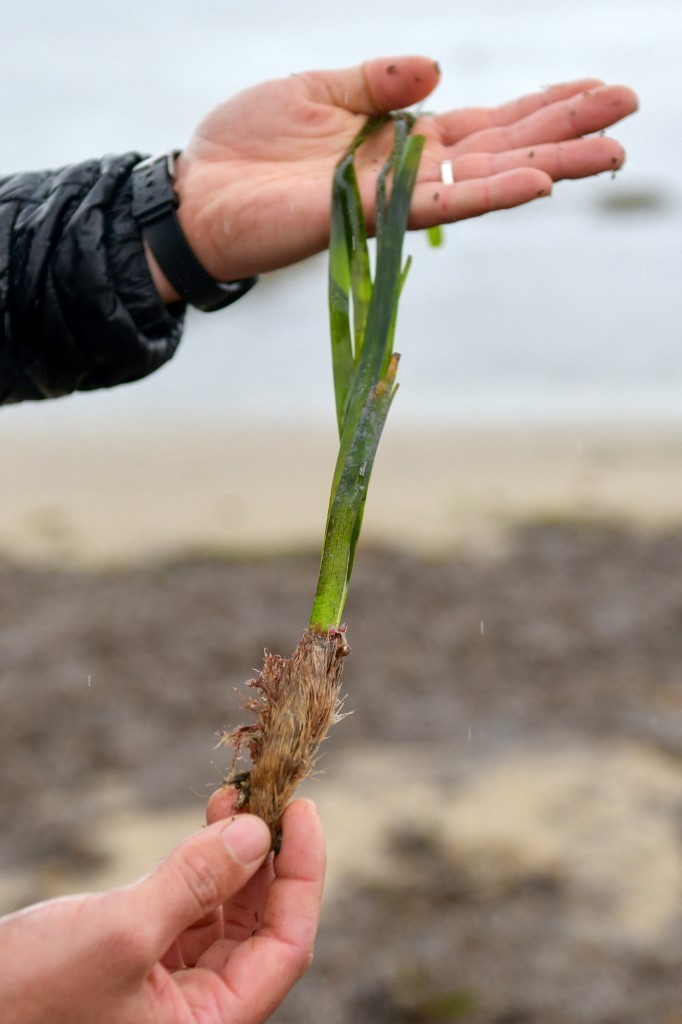Monastir, Tunisia — Mediterranean waters off
Tunisia, gently waving green seagrass meadows provide vital marine habitats for the fishing fleets and an erosion buffer for the beaches the tourism industry depends on.
اضافة اعلان
Even more importantly, seagrass is such a key store of carbon and producer of oxygen — critical to slowing the devastating affects of climate change — that the Mediterranean Wetlands Initiative (MedWet) calls it "the lungs" of the sea.
But, just as human actions elsewhere are devastating forests of trees on land, scientists warn that human activity is driving the grass under the sea to destruction at speed — with dire environmental and economic impacts.
Named Posidonia oceanica after the Greek god of the sea Poseidon, seagrass, spans the Mediterranean seabed from
Cyprus to Spain, sucking in carbon and curbing water acidity.
"Posidonia oceanica... is one of the most important sources of oxygen provided to coastal waters," MedWet, a 27-member regional intergovernmental network, says.
 Students attend a class at the Faculty of Sciences in the capital Tunis on March 17, 2022. Under the Mediterranean waters off Tunisia, gently-waving green seagrass meadows provide vital marine habitats for the fishing fleets and an erosion buffer for the beaches the tourism industry depends on.
Students attend a class at the Faculty of Sciences in the capital Tunis on March 17, 2022. Under the Mediterranean waters off Tunisia, gently-waving green seagrass meadows provide vital marine habitats for the fishing fleets and an erosion buffer for the beaches the tourism industry depends on.
Tunisia, on the North African coastline, "has the largest meadows" of all — spreading over 10,000 square kilometers, marine ecologist Rym Zakhama-Sraieb said, pointing to its key carbon-capture role.
The underwater flowering plants absorb three times more blue carbon — the term used to describe the removal of carbon dioxide from the atmosphere by the ocean and coastal ecosystems — than a forest. They can store it for thousands of years, she said.
"We need Posidonia to capture the maximum amount of carbon," Zakhama-Sraieb said.
But a dangerous cocktail of rampant pollution, illegal fishing using bottom trawling nets that rip up the seagrass, and a failure by people to appreciate its life-giving importance is spelling its demise.
'Sea has been destroyed'
Growing up to 50 meters deep, seagrass beds offer shelter for fish. In addition, it slows the erosion of the coasts by breaking the waves that would otherwise damage the sandy beaches that tourists love.

Tunisian marine biologist Yassine Ramzi Sghaier said the grass is crucial for a country already gripped by a grinding economic crisis.
"All of Tunisia's economic activity depends on Posidonia," Sghaier said.
"It is the largest provider of jobs," he claimed, noting that at least 150,000 people are directly employed in fishing and tens of thousands in the tourism industry.
Destruction has been swift and replacement slow. The aquatic plant, also known as Neptune grass, grows less than five centimeters a year.
Once Posidonia and a wealth of marine species thrived there, but since the 1970s, phosphate factories have poured chemicals into the sea, causing more damage to the ecosystem.
Seagrass serves as a vital element for fish to breed, feed, and shelter.
Fishing makes up 13 percent of Tunisia's GDP, and nearly 40 percent of it is done around seagrass meadows — and fisherman describes plummeting stocks.

"The sea has been destroyed," said Mazen Magdiche, who casts his nets from the port of Monastir. "Chemicals are dumped everywhere."
Magdiche calculates his catch is three times less than what it was 25 years ago, but said he had little alternative income.
"There are fewer and fewer fish, You are not looking out for the interests of the sea, but to feed your children," he added.
Read more Lifestyle
Jordan News







